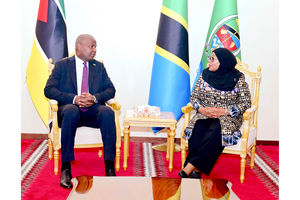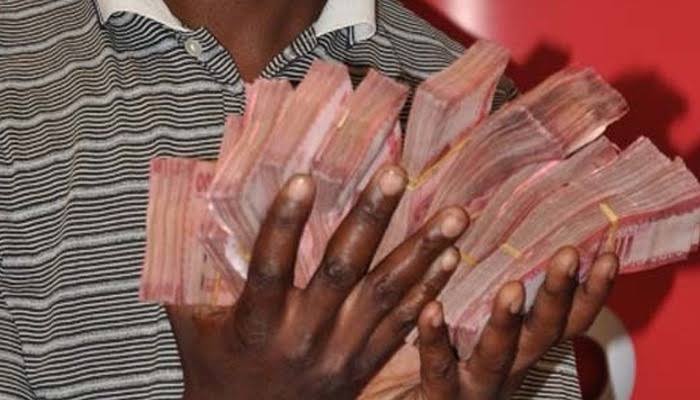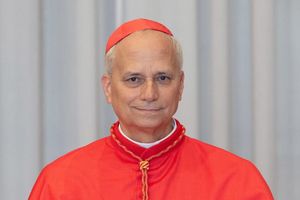ICC indictment of Putin places South Africa on tricky path, again

South Africa President Cyril Ramaphosa. PHOTO | COURTESY
South Africa may find itself in the spotlight again after the International Criminal Court (ICC) on Friday March 17, issued an arrest warrant for Russian President Vladimir Putin, accusing him of war crimes in Ukraine.
But that may bring bad memories for Pretoria which has enjoyed tight relations with Moscow despite Western condemnations in August this year, the Russian leader is scheduled to attend the BRICS summit in Pretoria, a scenario that may repeat the Omar al-Bashir conundrum.
Along with President Putin, Russia’s commissioner for children’s rights, Maria Lvova-Belova, is also on the list of wanted people by the ICC.
The court alleges that President Putin is responsible for war crimes, including the unlawful deportation of children from Ukraine to Russia.
It says the crimes were committed from 24 February 2022 after Russia sent its troops into Ukraine.
As a signatory to the Rome Statute, South Africa is obligated to arrest suspects on its soil regardless of status. Most African countries, when confronted with this situation, have chosen to ignore the Court.
In June 2015, South Africa’s then-President Jacob Zuma refused to arrest the former Sudanese President while attending an African Union summit in Johannesburg.
Subsequent decisions of local courts reprimanded the government for failing to adhere to the ICC.
With Moscow denying allegations of war crimes during the invasion, South Africa will likely distance itself from the warrants. Like Bashir, Putin is indicted while serving as head of state which is not a member of the Rome Statute, the formative law of the ICC.
The southern African country has insisted it remains impartial in the conflict, also abstaining from voting on a United Nations resolution condemning Russia’s invasion of Ukraine and calling for Moscow to withdraw its forces immediately.
Along with 34 other countries, South Africa also abstained from a vote at the UN condemning Russia’s annexation of Ukrainian territories in October.
Russia has already responded to the warrant, with the foreign ministry spokesperson saying it is meaningless.
“The decisions of the International Criminal Court have no meaning for our country, including from a legal point of view,” Maria Zakharova said.
The ICC, however, has no powers to arrest suspects and can only exercise jurisdiction within countries signed up to its agreement.
Russia is not a signatory, meaning President Putin cannot be extradited. Ms Zakharova further said: “Russia is not a party to the Rome Statute of the International Criminal Court and bears no obligations under it.”
Ukraine’s Prosecutor General Andriy Kostin welcomed the warrant saying it was “historic for Ukraine and the entire international law system”.




